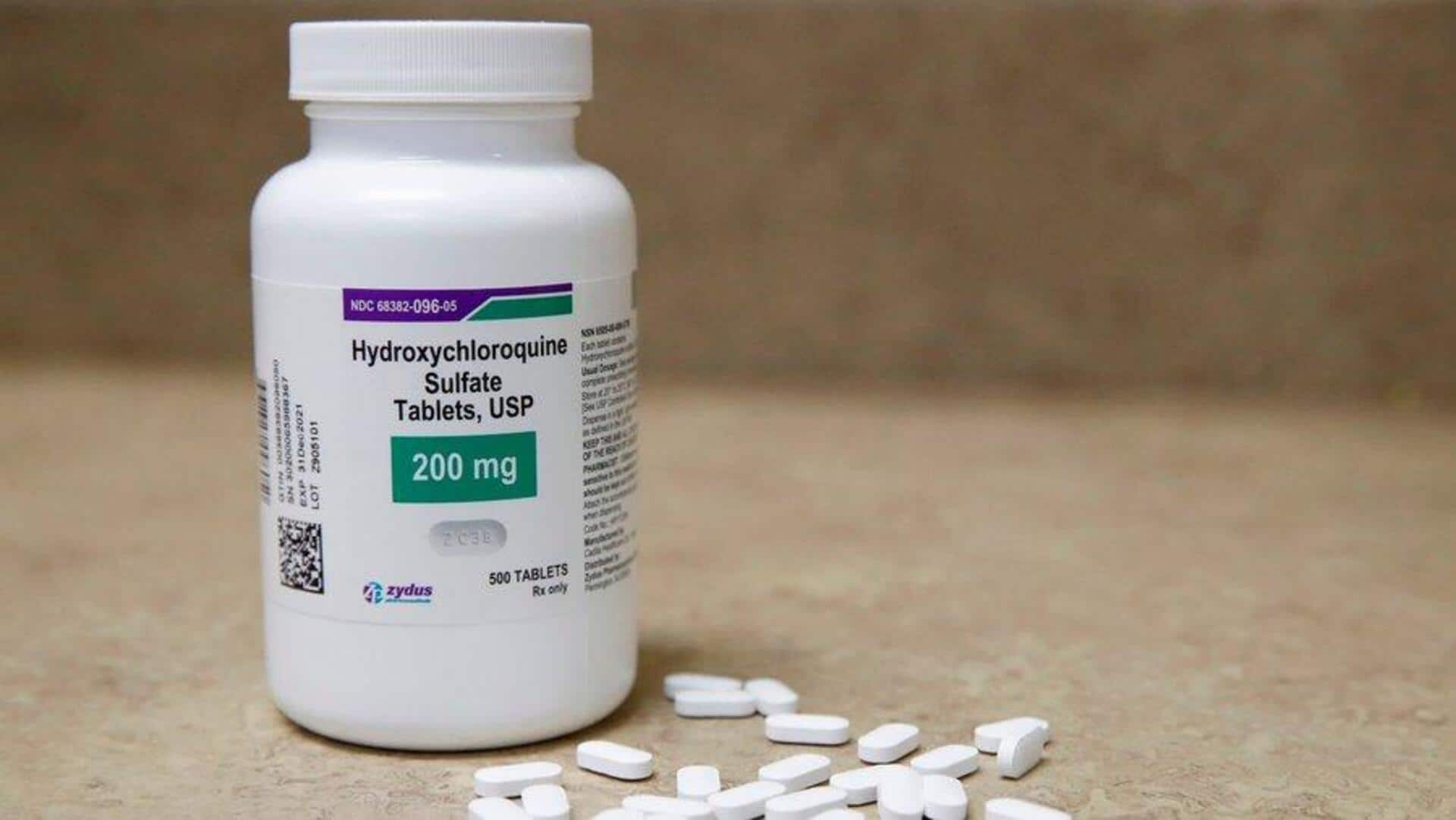
Controversial study that promoted hydroxychloroquine as COVID-19 treatment retracted
What's the story
A controversial study published in March 2020, which supported hydroxychloroquine, an antimalarial drug, as a treatment for COVID-19, has been officially retracted.
Elsevier, the Dutch academic publishing company that owns the International Journal of Antimicrobial Agents, announced the retraction.
The decision came after an investigation into concerns raised over the study's methodology and conclusions—mainly its compliance with publishing ethics policies and proper conduct of research involving human participants.
Ethical concerns
Investigation uncovers ethical issues in hydroxychloroquine study
The investigation was carried out by Elsevier's research integrity and publishing ethics team, along with the journal's co-owner, the International Society of Antimicrobial Chemotherapy.
It revealed several problems with the study, including doubts over ethical approval and patient consent.
The journal also could not confirm if patients were recruited prior to ethical approval or whether there was equipoise—meaning genuine uncertainty about the relative effects of treatments in a trial—between participants who received hydroxychloroquine and controls.
Author response
Authors disassociate from retracted hydroxychloroquine study
After the study was published, three authors—Johan Courjon, Valerie Giordanengo, and Stephane Honore—raised concerns over how the results were presented and interpreted. They asked to have their names removed from the article.
However, several other authors disagreed with the retraction and contested its basis.
According to the Web of Science database, the study received about 3,400 citations, making it the highest-cited paper on COVID-19 to be retracted and the second-most-cited retracted paper overall, the Nature said.
Global reaction
Hydroxychloroquine study's retraction sparks global response
In the aftermath of the study's retraction, the French Society of Pharmacology and Therapeutics released a statement denouncing it as "scientific misconduct."
The society alleged that this study resulted in overprescription and unnecessary risks for millions of patients.
They stressed that "primum non nocere" (first, do no harm) was compromised with dire consequences.
Notably, former United States President Donald Trump had earlier touted hydroxychloroquine as a COVID-19 treatment.